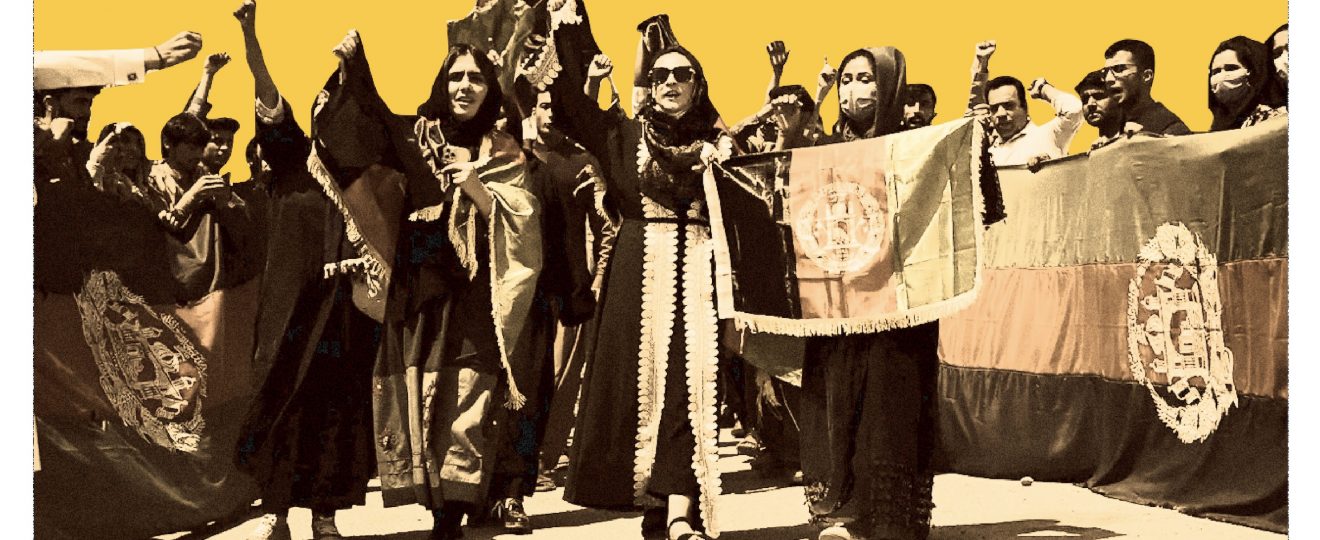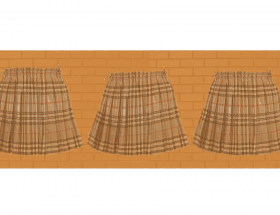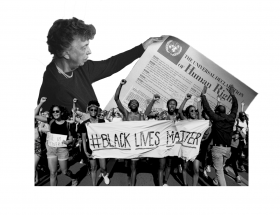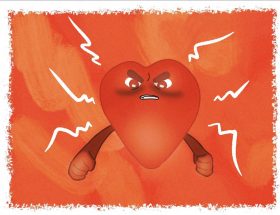I think the thing about staring into the face of fear is that it’s often a choice. You either decide to bite the bullet and confront it, or you don’t.
But for a lot of people there is no second option.
The Taliban takeover in Afghanistan has been, among many things, a realisation of fears. For thousands, it has compromised their freedoms, their physical and financial security and disrupted their plans for their lives. Many of those considered at risk and who could not flee live in anxiety as things change and constrict around them. Others still have had to escape across borders or across the world, leaving their lives and some loved ones behind in order to avoid persecution. To begin to understand the situation in the country, one would need to examine not only the impact of decades of conflict and invasions but also the rich religious and ethnic history of the nation that exists independently of that conflict. For that reason, I will not try to explain what is happening in Afghanistan in this article. Rather, I would like to give a few, succinct suggestions of what people based in Fife can do to make a tangible difference in the lives of those affected.
Donations
There are several donation drives collecting good-quality clothing, shelf-stable food, toys and more for families coming from Afghanistan who have been resettled in the Fife area. These include St Can-drews Foodbank Collection and North East Fife Community Hub. Helen Pitt in an article for The Guardian also mentions collections run by the charities Care4Calias (who help refugees fleeing via the Channel), the Refugee Council and the British Red Cross. Essentials such as shoes, winter clothing, prams and “unlocked smartphones”, Pitt writes, are specified by Care4Calais as being most needed.
Support
The Home Office has set up Operation Warm Welcome as part of the support effort for the resettled individuals and families. The online factsheet detailing the Afghan Citizen Resettlement Scheme (which can be found on the Home Office webpage ‘FACTSHEET: ARCS and other routes’) explains that people can volunteer in many forms, ranging from giving their time and skills to connecting Afghan refugees with counselling, training or job opportunities.
It’s always good to keep in mind that making a difference might not always look like travelling to another country and helping communities face-to-face. It might look like donating to the local charities mentioned above, and making the transition to a new life that much easier for these families. But it could also look like donating to an Afghanistan-based charity that already has established aid implementation strategies and grassroots connections. One such charity is Afghanaid, which has been in the country since 1983 and has continued to facilitate community empowerment and improve infrastructure in the tumultuous decades since. Making a difference could also just be you presenting yourself as a friendly face to the new members of our community. The common thread between all these options is that they all invite you to do something, however small or however far away from the conflict it might seem. In an echo chamber of silence, the impact of your actions resounds with much more power than you think.




